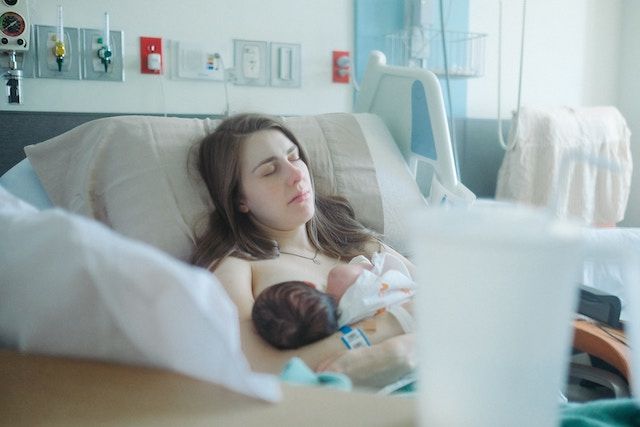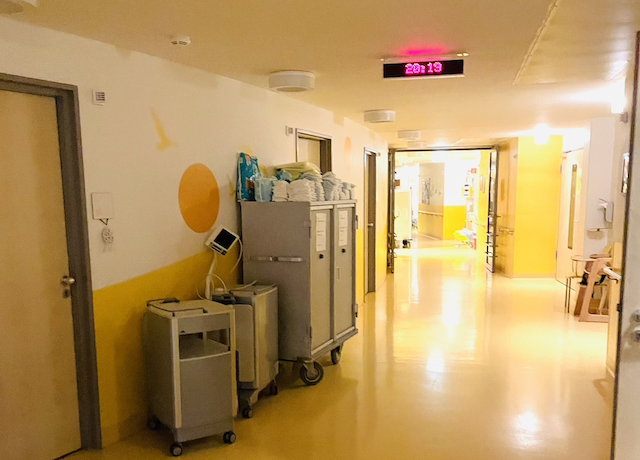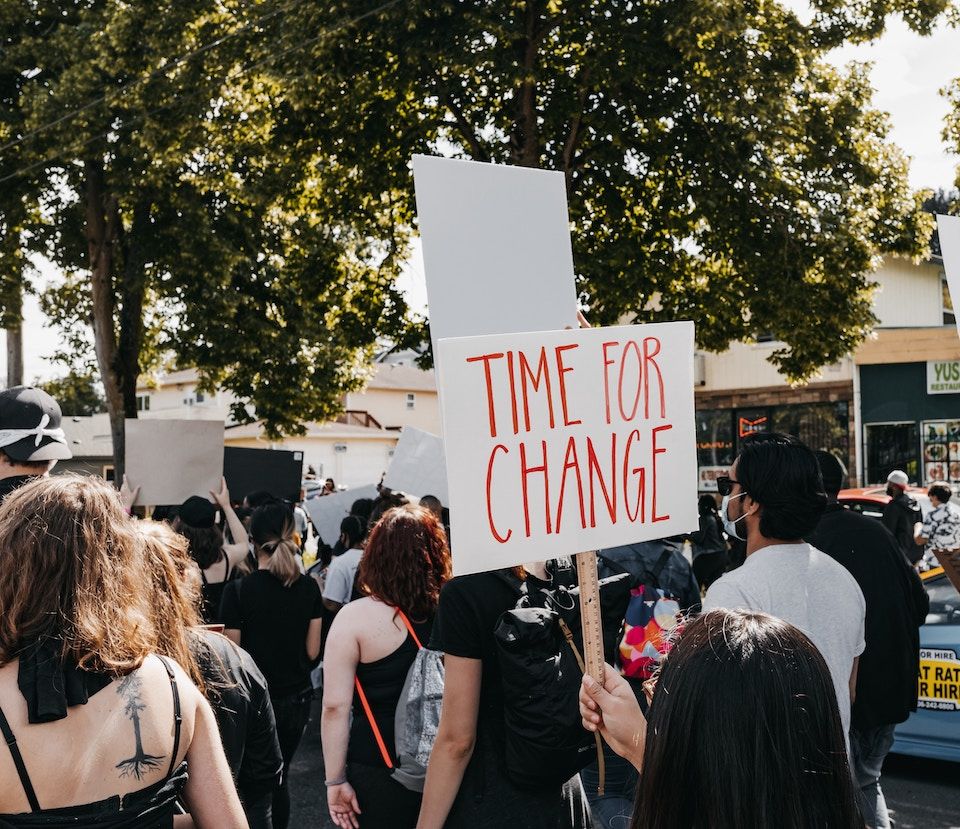Addressing Maternal Health Disparities: The Rise of Midwifery Care in California
As racial disparities in maternal mortality rates persist in California, a growing number of Black women are turning to midwifery care as a solution. This article delves into this trend, exploring the driving factors, the role of midwives and doulas, and the challenges they face, all against the backdrop of a broader movement towards health equity.
The health care disparities between racial and ethnic groups, particularly in the realm of maternal care, are a persistent issue in the United States. This narrative is notably pronounced in California, where Black women disproportionately face higher maternal mortality rates. Amidst this reality, many are turning to midwifery care as an alternative approach to improving health outcomes.
In recent years, the United States has seen an alarming rise in the national maternal mortality rate. The rate has escalated from 17.4 in 2018 to 32.9 per 100,000 births in 2021. It is particularly concerning that Black women are significantly more affected by this increase. Despite a slight narrowing of racial and ethnic disparities in pregnancy-related deaths in California between 2017 and 2019, the mortality ratio for Black individuals remains three to four times higher than all other groups. This stark inequality has instigated a critical conversation about the systemic issues within our healthcare system that contribute to these discrepancies.
 Image by Raphael Lovaksi
Image by Raphael Lovaksi
The grim reality of this situation has led to a growing recognition of the importance of alternative methods of maternal care. Many Black individuals are choosing midwifery care outside of hospitals, moving away from traditional obstetrics and gynecology (OBGYN) practices. The shift is fueled by the belief that personalized care can lead to better health outcomes, providing a counter-narrative to the concerning trends in maternal mortality.
Midwives and lactation consultants like Allegra Hill and Kimberly Durdin, co-founders of the Kindred Space LA birthing center, play a pivotal role in this shift. They provide individualized care for individuals with low-risk pregnancies, advocating for a patient-centered approach. The California Medical Board licenses midwives, while doulas, non-clinical healthcare workers, offer support before, during, and after pregnancy. Research indicates that such care could enhance health outcomes, empowering patients and ensuring they have the necessary resources for a healthy pregnancy and birth.
Despite the promising potential of midwifery care, it is not without its challenges. There have been issues reported around securing payment from private or public insurance. While the struggle continues, community support has helped keep birthing centers like Kindred Space LA operational.
One notable advocate for change in the realm of maternal health is Los Angeles County Supervisor Holly Mitchell. Prior to her political career, Mitchell was a women's health advocate. As a California state senator, she authored a law mandating that all perinatal healthcare providers undergo implicit bias training. This effort addresses the disturbing attitudes uncovered about Black women, such as misguided beliefs about their tolerance for pain.
Mitchell also spearheaded a motion to increase access to doulas as a new Medi-Cal benefit. The aim is to ensure that doulas are supported and incorporated into the system, fostering collaboration with the Medi-Cal managed care network in L.A. County.
Although the road to equity in maternal healthcare is challenging, the push for change continues. The message to mothers-to-be, particularly Black women, is clear: everyone deserves a healthy, life-changing birthing experience. The ongoing shifts in healthcare practice, the legislative efforts to address systemic issues, and the growing popularity of midwifery care suggest a hopeful future where everyone can access the care they need for a safe and healthy childbirth.
The disproportionately high maternal mortality rate among Black women in California demands attention and action. By addressing implicit biases within healthcare systems and increasing access to midwifery care and doula support, we can work towards improving outcomes for all pregnant individuals. This highlights the importance of personalized care and the need for comprehensive and inclusive approaches to maternal health. It is crucial that further research, funding, and policy initiatives continue to support the vital role of midwives in promoting equitable and safe childbirth experiences for all women, regardless of their racial or ethnic background





